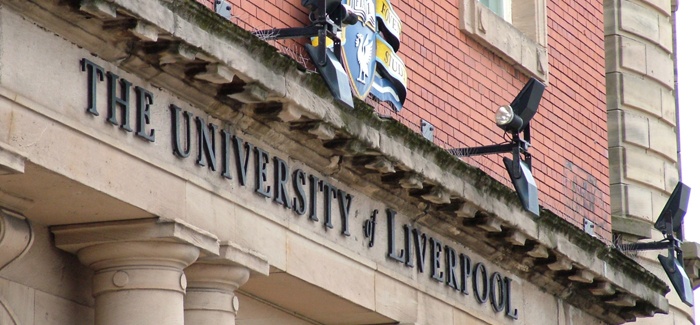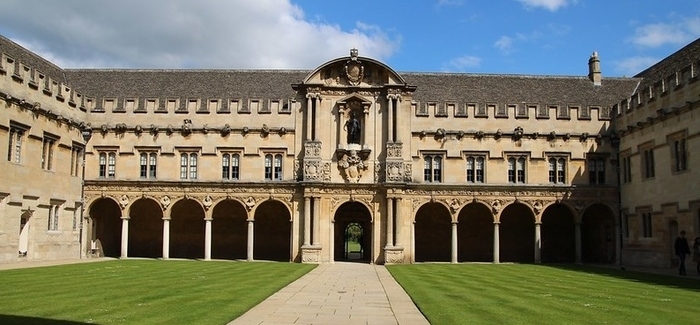Tuition fees in the UK could be slashed to £7,500 a year, creating a saving of at least £5,000 over a three-year period, according to The Sunday Times. The proposed cap, which is to be revealed in the government’s Autumn Budget in November, comes amid increasing concerns that universities may not be offering students value for money, with students graduating with the burden of huge debts.
The news is a surprising U-turn for the Conservative government, given previous announcements pledged to increase domestic university tuition fees in the UK to £9,250 a year from this academic year, and £9,500 the year after, provoking fears students would be deterred from attending university.
However, student finance has become a key priority since June’s general election, which saw Jeremy Corbyn’s Labour party attract a significant number of younger voters thanks to a promise to scrap tuition fees altogether and reinstate maintenance grants.
Would the cap really make a difference?
While fees decreasing would undoubtedly be great news for students, the change would likely only benefit the very richest graduates, as they will now be able to end their student loan repayments earlier in their careers. Currently, three-quarters of graduates will never pay off their student loan.
However, The Times reports chancellor Philip Hammond is also considering raising the threshold at which graduates start to repay their student loans, from the current £21,000 up to £25,000 in line with inflation. This would ensure anyone earning under £25,000 as a graduate would not need to repay any of their loans. Cuts to the interest rate on student loans are also being considered, although the chancellor is thought to be dismissive of the idea.
Different fee levels for certain subjects are also reportedly being considered, in order to reflect the differing costs of running particular courses. Arts and humanities degrees, for instance, require universities to spend less than science or engineering degrees. If tuition fees in the UK are lowered, the government would also provide institutions with a top up payment of up to £1,500 to help cover the higher costs of running STEM or similar courses.
What next?
According to The Sunday Times, these changes could be delivered within a year or less, making it increasingly unlikely fees will rise to £9,500 in 2018/19 as previously expected. It remains to be seen whether Mr Hammond and the government will follow through with these suggestions though, which have been criticized by both the Labour party and the National Union of Students (NUS), whose president, Shakira Martin, said: “While reducing tuition fees would represent a step in the right direction, the Government is not going far enough.
“There has been no commitment to bringing back maintenance grants which would support the poorest students through their study. We also hold strong reservations about creating differential tiers of tuition fees which wrongfully imply a gulf of difference between institutions based on flawed metrics of quality.”
What do you think of this proposed change? Have your say in the comments below!


















